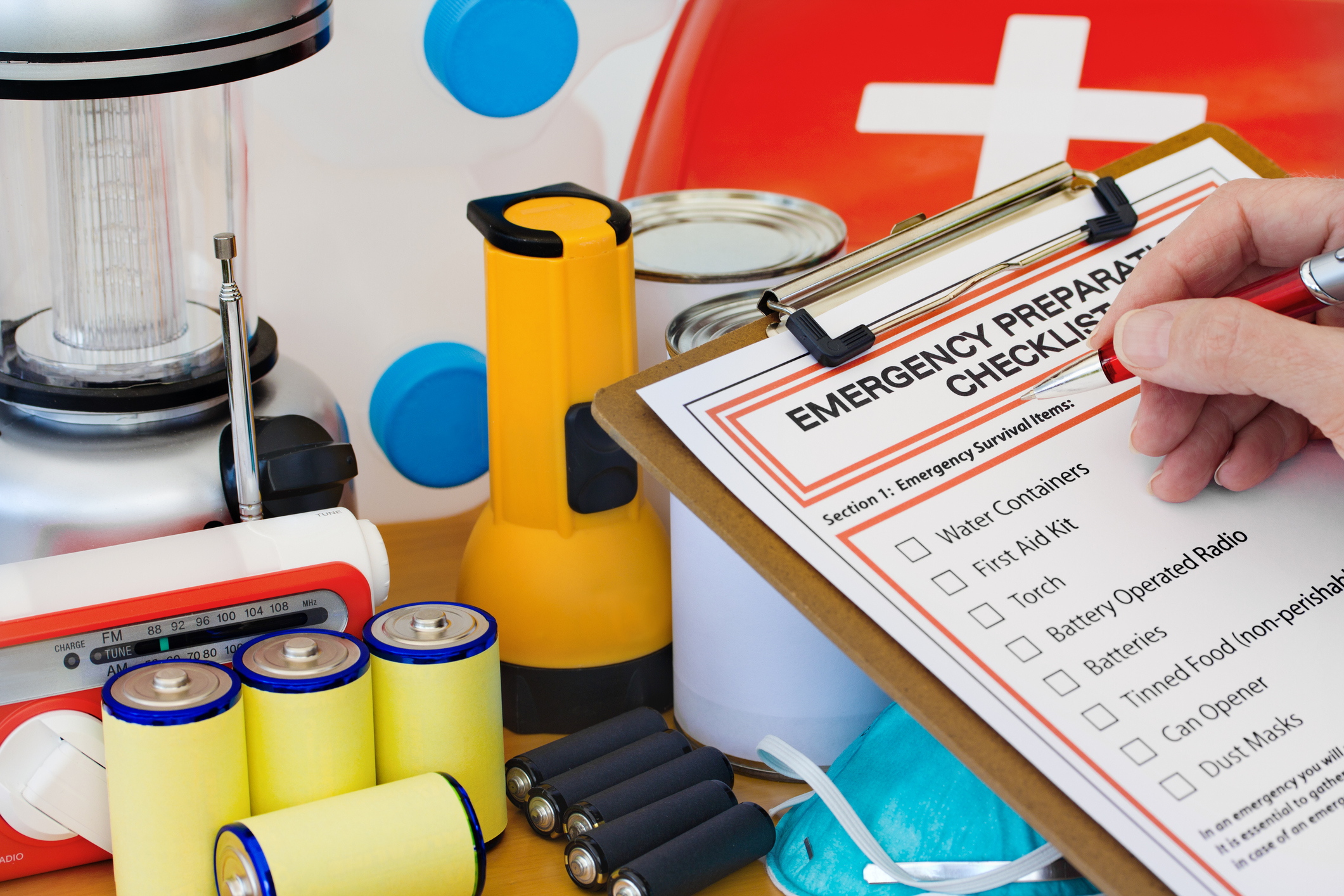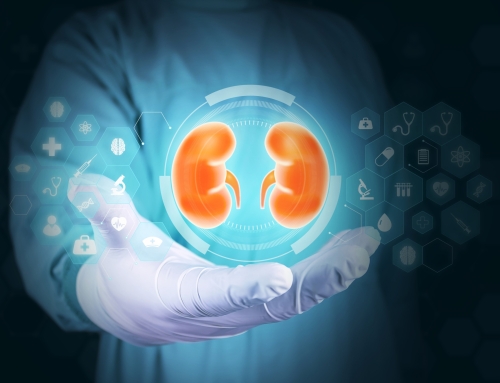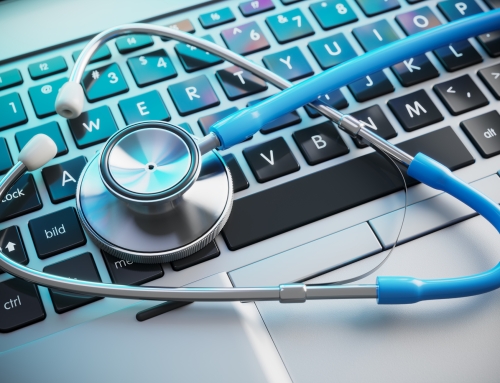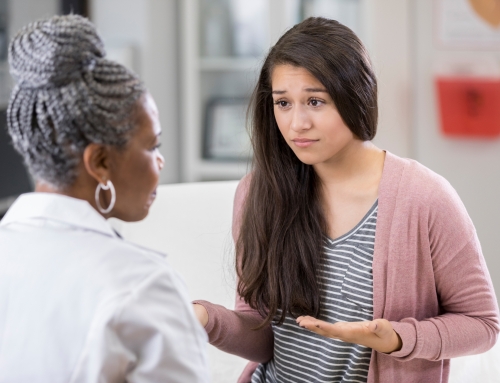As evident from the disaster of hurricane Katrina and the recent hurricanes Gustav and Hanna, it is important to be prepared. For everyone this means having an evacuation plan ensuring you have plenty of clean water and food supplies, and knowing how to get in touch with your friends and loved ones. For dialysis patients there are even more preparedness measures needed. You may be surprised to know that most local and state governments do not have a disaster preparedness plan that accounts for the special needs of dialysis patients. Therefore, it is extremely important that you take responsibility to prepare for a potential disaster.
What is an emergency or disaster, who is at risk and how do I protect myself and loved ones?
An emergency or disaster is an event that can result in significant harm to lives and/or property, as well as disruption in daily activities. Emergencies and disasters are not just limited to hurricanes, but can also include fires, floods, pandemic diseases, earthquakes and more. Emergency management officials create response mechanisms and guidelines to manage such events.
However, for the kidney community, emergencies and disasters can be the difference between life and death. Everyone is at risk of experiencing one or more of these emergency situations and regardless of the region you reside in you should appropriately be prepared. Dialysis and kidney transplant patients must take special preparedness measures to ensure their own health and safety during and after disasters.
- Pandemic Preparedness and H1N1
- Click here for a guide on what you need to do to prepare for a disaster
- Click here for a quick tip sheet on preparedness
- American Kidney Fund Disaster Relief Program for Dialysis Patients
Important numbers to know:
If you are evacuated or quarantined due to an emergency situation or disaster it is important to first try and contact your dialysis provider. Here are the numbers for a few dialysis providers.
- DaVita – Hurricane Hotline: 1-800-400-8331
- DCI – Donor Referral/Patient Transient Assistance: 1-800-969-4438
- Fresenius – Hurricane Hotline: 1-800-626-1297
If your provider is not listed, please talk to your facility administrator and ask what number you should contact in the event of an emergency when it may not be possible to dialyze at your local clinic.
If you cannot get in touch with your dialysis provider, call the patient toll-free number for your End Stage Renal Disease (ESRD) network. You can find your local network by visiting http://www.esrdnetworks.org/.
The Kidney Community Response Coalition (KCER) has also established a toll-free number that is activated during a widespread emergency or disaster (other times you will only hear a recorded message). 1.888.33.Kidney (888. 335.4363) Please call this number after you have tried to get in touch with your dialysis provider and ESRD network.
This information was provided in part by The Kidney Community Emergency Response (KCER) Coalition. KCER provides technical assistance to ESRD Networks, CMS organizations, and other groups to ensure timely and efficient emergency preparedness, response, and recovery for the kidney community for more information on disaster preparedness for kidney patients please visit http://www.kcercoalition.com/




